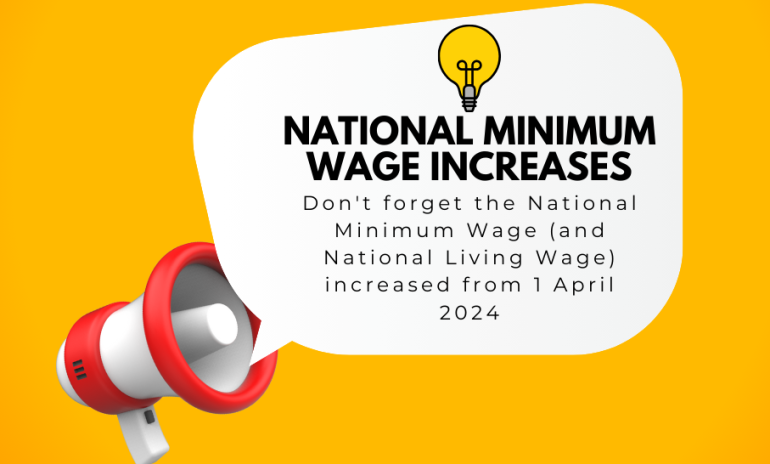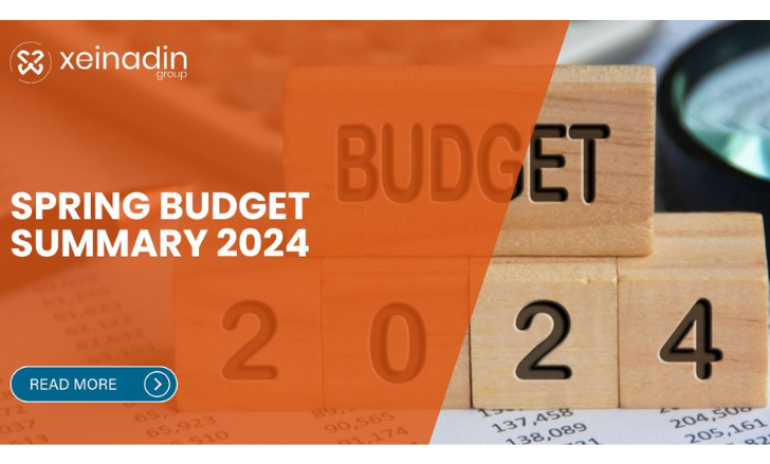RTI - Making your final submission for the 2013-2014 tax year
Date: 07/02/14

Now that you are reporting PAYE information in real time, you don’t need to send forms P35 and P14 at the end of this tax year.
Instead, just send your real-time PAYE submission as normal and answer a few extra questions. It is very easy to do. This step-by-step guide issued by HMRC shows you how.
If you use an agent or payroll bureau, like ourselves, you may want to contact them to check whether they have any special procedures for final submissions.
Step 1 – identify your final submission
• For most employers, the final submission will be the final Full Payment Submission. This is the one telling us about the very last employee payment for 2013-14. The tax year ends on 5 April so, for most employers, their final submission will be made on or before that date on a Full Payment Submission. So, for example, if you pay some employees weekly and others monthly, your final submission is the last one of these.
• Before sending it, you must make sure that we have successfully received all earlier submissions. Your payroll software tells you when submissions have been successful.
• If you don’t pay any employees in the final tax month of the tax year (6 March – 5 April 2014), send us your final submission for 2013-14 on an Employer Payment Summary by 19 April 2014.
Step 2 – complete additional questions and declaration on your final Submission
• Confirm that this is your ‘Final Submission for the Tax Year’
• Answer the extra questions about any special payments you made during the year, such as expenses and benefits, or overseas payments - even if you have not made any deductions of PAYE tax or National Insurance contributions from your employees in that pay period.
Don’t forget:
• In previous years, these questions and the declaration appeared on form P35 and you had until 19 May to submit the form. Reporting in real time means that you will be sending this information in much earlier (see step 3 below) - so you may wish to make sure you have the answers to the questions ready in time.
Step 3 – send your final submission as normal
• The same time limits as normal apply to this submission. So, unless an exception applies, you should send your final submission on or before the date of your last employee payment in the tax year (or by 19 April if you are sending an Employer Payment Summary).
• Your payroll software will tell you whether your submission was successful, so you don’t need to ask us whether we’ve received it.
• For further guidance on your PAYE final submission for the year and end-of-year tasks see our web page at hmrc.gov.uk/payerti/end-of-year
Don’t forget:
• Penalties may apply for late submissions. You can find out more about the late filing penalties at What happens if you don't report payroll information on time: hmrc.gov.uk/payerti/reporting/late-reporting
• You still need to provide each of your employees with a form P60 by 31 May 2014.
• You must send any expenses and benefits annual return - forms P11D, P9D and P11D(b) - to HMRC by 6 July 2014.
• For full guidance on Operating PAYE in real time (RTI) go to hmrc.gov.uk/payerti/index
Should you have any queries regarding RTI then please do not hesitate to contact Lorraine Wilkinson at the office.

Author: Lorraine Wilkinson
Lorraine joined Scott & Wilkinson in 2001 bringing with her over 20 years payroll experience. As payroll manager, she oversees the smooth running of the firms payroll bureau which includes all aspects of day to day payroll. Lorraine is...
0 Comment
Add your Comment
We have the ability to edit and/or delete posts and comments. Links should be relevant to the topics. Please note all comments are subject to review before inclusion.














Nobody has commented yet. Why not add one?